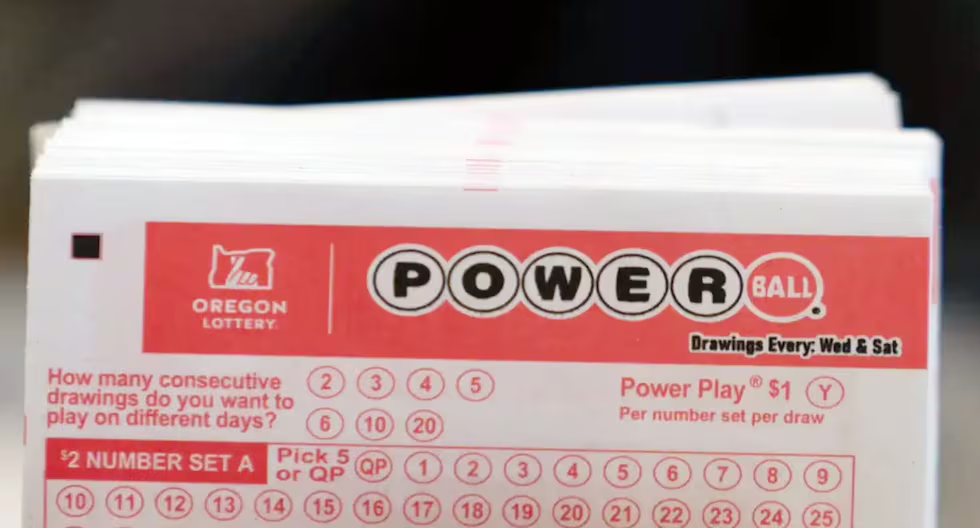Sports betting in the United States has grown rapidly, with millions of Americans placing wagers across NFL, NBA, MLB, NHL, and more. For new and even experienced bettors, one of the first hurdles is understanding betting odds. Odds determine not only how much you can win, but also the implied probability of an outcome, which is critical for making informed bets.
In the US, most sportsbooks use American odds, while international bettors may be more familiar with fractional odds (common in the UK) or decimal odds (used widely in Europe and Australia). For US bettors who want to compare sportsbooks, place international bets, or simply understand potential payouts, knowing the difference between these formats is essential.
Also Read: Top sportsbooks for parlay betting in the US
This guide breaks down American odds vs fractional and decimal odds, explains how to convert between them, and provides practical examples so you can calculate potential winnings and make smarter betting decisions.
What are American odds?
American odds, also called moneyline odds, are the most common format used by US sportsbooks. They can be positive (+) or negative (–):
- Positive odds (+): Show how much profit you make on a $100 bet.
- Example: +250 means a $100 bet wins $250.
- Negative odds (–): Show how much you need to bet to win $100.
- Example: –150 means you must bet $150 to win $100.
How to calculate payout:
- Positive: Payout = (Stake × Odds ÷ 100) + Stake
- Negative: Payout = (Stake ÷ |Odds| × 100) + Stake
What are fractional odds?
Fractional odds are common in the UK and Ireland. They are written as X/Y (e.g., 5/1, 7/2, 1/3).
- Example: 5/1 means for every $1 you bet, you win $5 in profit.
- Example: 1/3 means for every $3 you bet, you win $1 in profit.
Fractional odds focus purely on profit relative to stake, not the total payout.
Converting fractional to decimal:
Decimal odds = (X ÷ Y) + 1
- Example: 5/1 → (5 ÷ 1) + 1 = 6.0
What are decimal odds?
Decimal odds are widely used in Europe, Australia, and Canada. They show the total payout, including your stake, for a $1 bet.
- Example: Decimal odds of 3.50 means a $1 bet returns $3.50 (including the $1 stake).
- They are easy to calculate for any bet: Payout = Stake × Decimal Odds
Converting decimal to American:
- If Decimal > 2.0 → Positive American odds = (Decimal – 1) × 100
- If Decimal < 2.0 → Negative American odds = –100 ÷ (Decimal – 1)
Why understanding odds matters for US bettors
- Comparing sportsbooks: International sportsbooks often show decimal or fractional odds. Understanding conversions helps spot the best lines.
- Calculating implied probability: American odds can be converted to probability, helping identify value bets.
- Example: –150 → 150 ÷ (150 + 100) = 60% implied probability
- Example: +200 → 100 ÷ (200 + 100) = 33.3% implied probability
- Smart bankroll management: Knowing your potential payout and risk helps you plan stakes and manage losses effectively.
- Cross-sport betting: Some sports (like horse racing) may still use fractional odds in US betting apps or offshore platforms.
Also Read: Week 5 college football odds, predictions, and picks: Here’s all
Understanding American odds vs fractional and decimal odds is a key skill for any US bettor. Mastering conversions and implied probability helps you make smarter wagers, compare sportsbooks, and manage your bankroll effectively.
FAQs
Q1: Can I switch odds format on US sportsbooks?
Yes. Most US sportsbooks allow bettors to toggle between American, fractional, and decimal odds in account settings.
Q2: Which odds format is easiest for beginners?
Decimal odds are the simplest because they show total payout directly, including your stake. American odds are standard in the US, but learning them is essential for domestic betting.
Q3: How do I convert American odds to decimal odds quickly?
- Positive odds: Decimal = (American ÷ 100) + 1
- Negative odds: Decimal = (100 ÷ |American|) + 1
Q4: Why do some US sportsbooks still show fractional odds?
Fractional odds are mostly for horse racing, soccer, and international betting markets. They appeal to bettors familiar with UK/Irish formats.
Q5: Does understanding odds help me win more?
Indirectly. Knowing odds lets you calculate payouts, identify value bets, and avoid overestimating favorites. Smart betting combines odds knowledge with stats and strategy.








